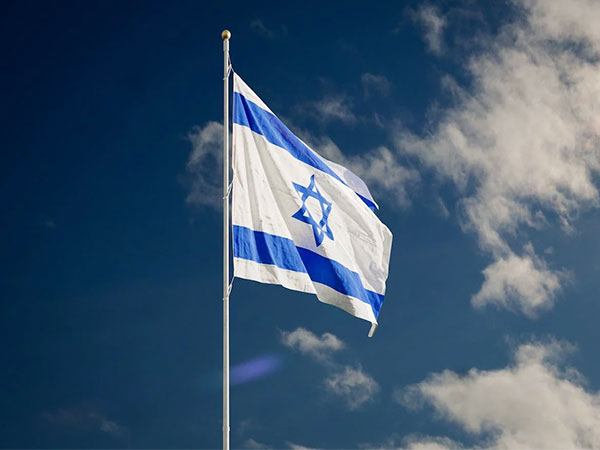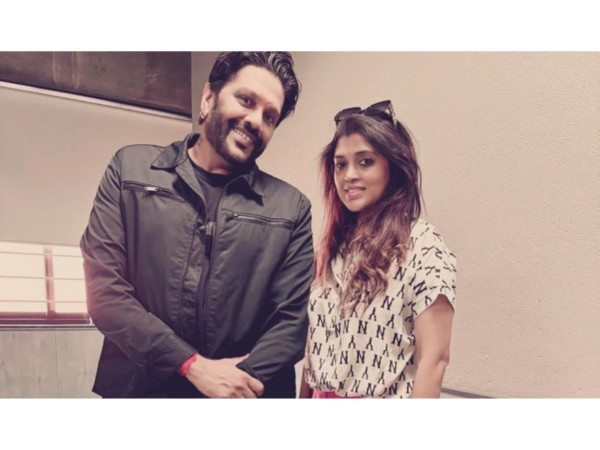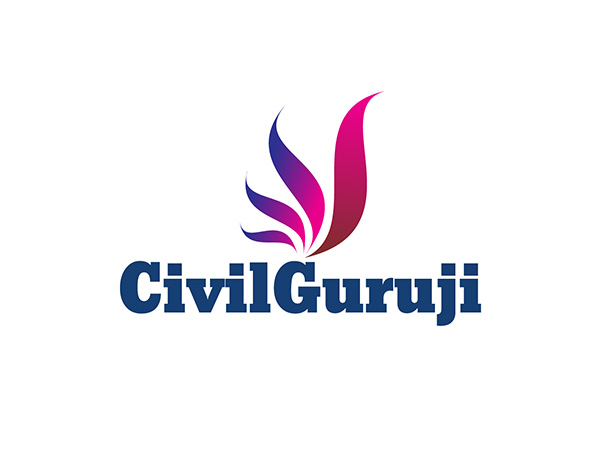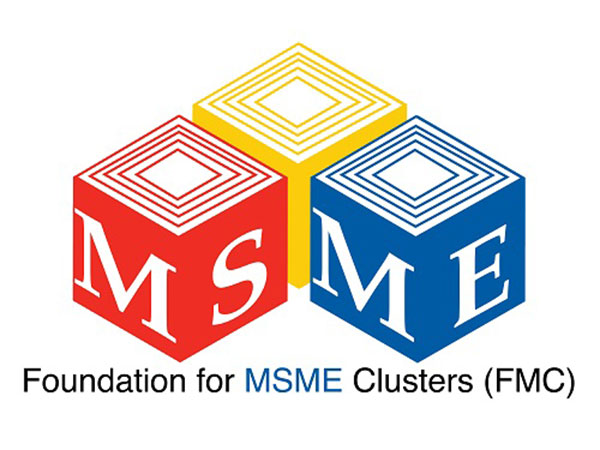
Evaluating Israel's response to Hezbollah scenario
Jul 31, 2024
Tel Aviv [Israel], July 31: Many sides are trying to de-escalate tensions and lobby for Tel Aviv to respond only moderately to the shelling of Israeli areas in the Golan Heights over the weekend.
Yesterday (July 30), The Times of Israel reported that the US is leading a diplomatic effort to prevent Israel from attacking the capital Beirut or major civilian infrastructure areas in Lebanon. The information was released amid rising tensions between Tel Aviv and Hezbollah forces in Lebanon after an Israeli-controlled area in the Golan Heights was shelled over the weekend, killing 12 Israeli
Tel Aviv and Washington both blamed Hezbollah for the attack, but the group denied responsibility although it admitted to launching rockets into the area. The Israeli military retaliated by striking Hezbollah targets across
Diplomatic efforts
However, fearing that the conflict could spread across the region, Washington is seeking to prevent a full-scale war between Tel Aviv and Hezbollah, which has support from Iran.
Specifically, the US wants Israel to not attack targets in the capital Beirut, the southern suburbs of the capital - which form the headquarters of Hezbollah. Washington also wants Tel Aviv not to attack important infrastructure such as airports, key bridges. Lebanese Parliament Vice President Elias Bou Saab said he contacted US mediator Amos Hochstein after the shelling of the Golan Heights. Accordingly, he wants Israel to prevent large-scale conflict escalation by sparing the capital Beirut and surrounding areas.
Israeli officials have said Tel Aviv wants to attack Hezbollah but does not want to plunge the region into all-out war. However, Reuters quoted two Middle Eastern and European diplomats as saying Israel has not made any commitments to avoid attacks on Beirut, its suburbs or civilian infrastructure.
Neither the office of Israeli Prime Minister
Tel Aviv's response scenario
Also yesterday, responding to Thanh Nien , a defense intelligence
"But Tel Aviv will not target Hezbollah leader Hassan Nasrallah. Because Nasrallah's potential successor is someone who is inclined to promote a full-scale war. This is something that neither Tel Aviv nor Nasrallah want," the expert assessed and predicted: "Therefore, perhaps Israel will launch a large-scale attack on one or more Hezbollah military facilities, while targeting another leader of this force."
Regarding the regional situation, Arab News reported that new Iranian President Masoud Pezeshkian warned Israel not to attack Lebanon
Meanwhile, Reuters quoted a US State Department
Source: Thanh Nien Newspaper









